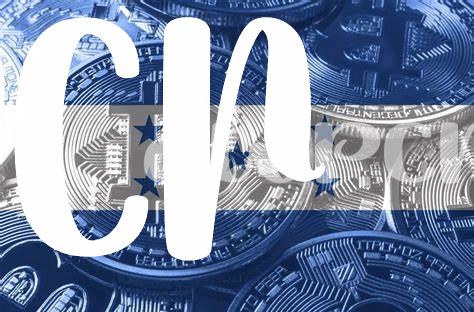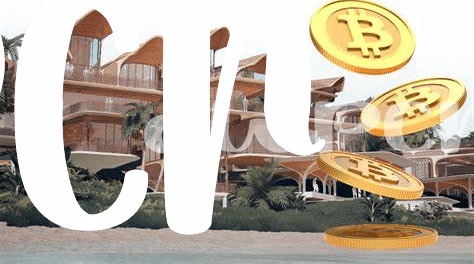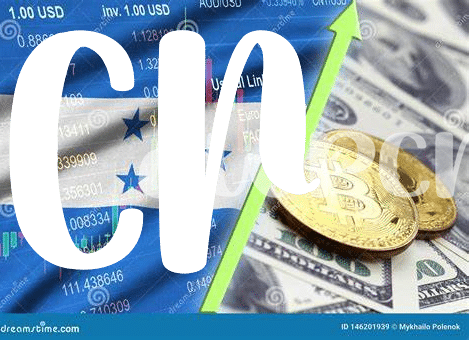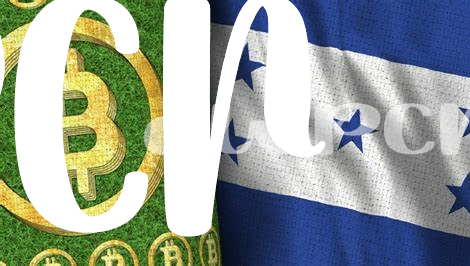Current Bitcoin Usage in Honduras 🇭🇳

In Honduras, the use of Bitcoin is gradually gaining traction among tech-savvy individuals and businesses looking to explore alternative financial options beyond traditional banking systems. The decentralized nature of Bitcoin appeals to those seeking autonomy over their finances, especially in a country where access to banking services may be limited. Despite challenges, such as regulatory uncertainties and fluctuating market values, more Hondurans are starting to embrace Bitcoin as a viable means of conducting online transactions and investments. This growing interest highlights a shift towards digital assets in the country, signaling a potential evolution in how Hondurans perceive and interact with money in the modern era.
Impact of Exchange Restrictions on Bitcoin 💸
The government’s regulations have created challenges for Bitcoin users in Honduras, impacting the ease of exchanging and utilizing the cryptocurrency within the country. These exchange restrictions have led to uncertainty and limitations in the ability of individuals and businesses to transact with Bitcoin, hindering its potential for growth and adoption. Despite these obstacles, the community is actively seeking solutions and exploring ways to navigate the limitations posed by the regulatory environment. The future of Bitcoin in Honduras hinges on overcoming these obstacles and finding practical avenues for its use despite the existing constraints.
Potential Solutions for Bitcoin Users 🛠️

Bitcoin users in Honduras are facing challenges due to exchange restrictions, but there are potential solutions that can help navigate these obstacles. One approach could involve utilizing peer-to-peer platforms for trading Bitcoin directly with others, circumventing the limitations imposed by official exchanges. Additionally, exploring the use of decentralized finance (DeFi) applications can provide alternative avenues for buying, selling, and storing Bitcoin securely. By diversifying options and leveraging innovative technologies, Bitcoin users in Honduras can adapt to the changing landscape of exchange restrictions and continue their engagement with the cryptocurrency.
Innovative solutions like peer-to-peer trading and DeFi offer promising pathways for Bitcoin users in Honduras to maintain their access to the digital asset despite exchange restrictions. Embracing these alternatives can not only enhance resilience in the face of regulatory challenges but also foster a more robust and inclusive Bitcoin community in the country.
Government Response to Bitcoin Challenges 🏛️

Governments around the world are grappling with the challenges posed by the increasing popularity of Bitcoin and other cryptocurrencies. In Honduras, the response to Bitcoin’s rise has been met with a mix of skepticism and caution. The government is carefully monitoring the impact of Bitcoin on the country’s financial landscape, weighing the potential benefits against concerns related to regulation and stability. As exchange restrictions continue to shape the environment for Bitcoin users, policymakers are faced with the task of finding a balance between fostering innovation and protecting traditional financial systems.”
To deepen your understanding of how foreign exchange controls affect Bitcoin adoption, check out this insightful article on foreign exchange controls affecting Bitcoin in Grenada.
The Role of Cryptocurrency Education 📚
Cryptocurrency education plays a pivotal role in empowering individuals to navigate the complex and evolving landscape of digital currencies. By providing accessible and accurate information, education initiatives can demystify the intricacies of cryptocurrencies, enabling users to make informed decisions and safeguard their assets. Through education, users can understand the fundamentals of blockchain technology, secure storage practices, and the significance of decentralization, fostering a more resilient and informed community of cryptocurrency enthusiasts. Such knowledge equips individuals with the tools to confidently engage with digital assets, contributing to the growth and stability of the cryptocurrency ecosystem.
Education serves as a bridge between technological innovation and user adoption, bridging the gap between traditional financial systems and the emerging world of cryptocurrencies. By promoting a culture of continuous learning and knowledge-sharing, educational efforts can empower users to navigate regulatory challenges, mitigate security risks, and harness the transformative potential of cryptocurrencies. Ultimately, cryptocurrency education is not merely a means of disseminating information; it is a catalyst for fostering a community of empowered and responsible digital asset users who are essential for the sustainable development of the cryptocurrency landscape.
Future Outlook for Bitcoin Adoption in Honduras 🚀

In recent years, Honduras has shown promising signs of embracing Bitcoin despite exchange restrictions. The growing interest in cryptocurrency among the population reflects a potential shift towards digital assets as a means of financial transactions. With an increasing number of individuals and businesses exploring the benefits of Bitcoin, there is a significant opportunity for adoption to expand further in Honduras. As awareness and understanding of cryptocurrency continue to evolve, the future outlook for Bitcoin adoption in the country appears optimistic and poised for growth.
For more information on foreign exchange controls affecting Bitcoin in Honduras compared to Gambia, please visit foreign exchange controls affecting Bitcoin in Gambia.
